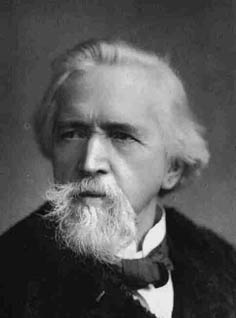A Quote by Edmund Burke
The superfluities of a rich nation furnish a better object of trade than the necessities of a poor one. It is the interest of the commercial world that wealth should be found everywhere.
Related Quotes
A poor man cannot rival the rich in luxury of life, but he can in luxury of knowledge. He cannot furnish his house as the wealthy can, but he can furnish his head. He cannot found a house of note, but he may found a mind of mark. Though some kingdoms may be adorned or afflicted with kings, learning has always been a republic, where all are equal who know.
Leo Tolstoy, the greatest anti-patriot of our time, defines patriotism as the principle that will justify the training of wholesale murderers; a trade that requires better equipment in the exercise of man-killing than the making of such necessities as shoes, clothing, and houses; a trade that guarantees better returns and greater glory than that of the honest workingman.
When the rich plunder the poor of his rights, it becomes an example for the poor to plunder the rich of his property, for the rights of the one are as much property to him as wealth is property to the other, and the little all is as dear as the much. It is only by setting out on just principles that men are trained to be just to each other; and it will always be found, that when the rich protect the rights of the poor, the poor will protect the property of the rich. But the guarantee, to be effectual, must be parliamentarily reciprocal.
All of the incessant debate about development assistance, and whether the rich are doing enough to help the poor, actually concerns less than 1% of rich world income. The effort required of the rich is indeed so slight that to do less is to announce brazenly to a large part of the world: 'You count for nothing.' We should not be surprised, then, if in later years the rich reap the whirlwind of that heartless response.










































